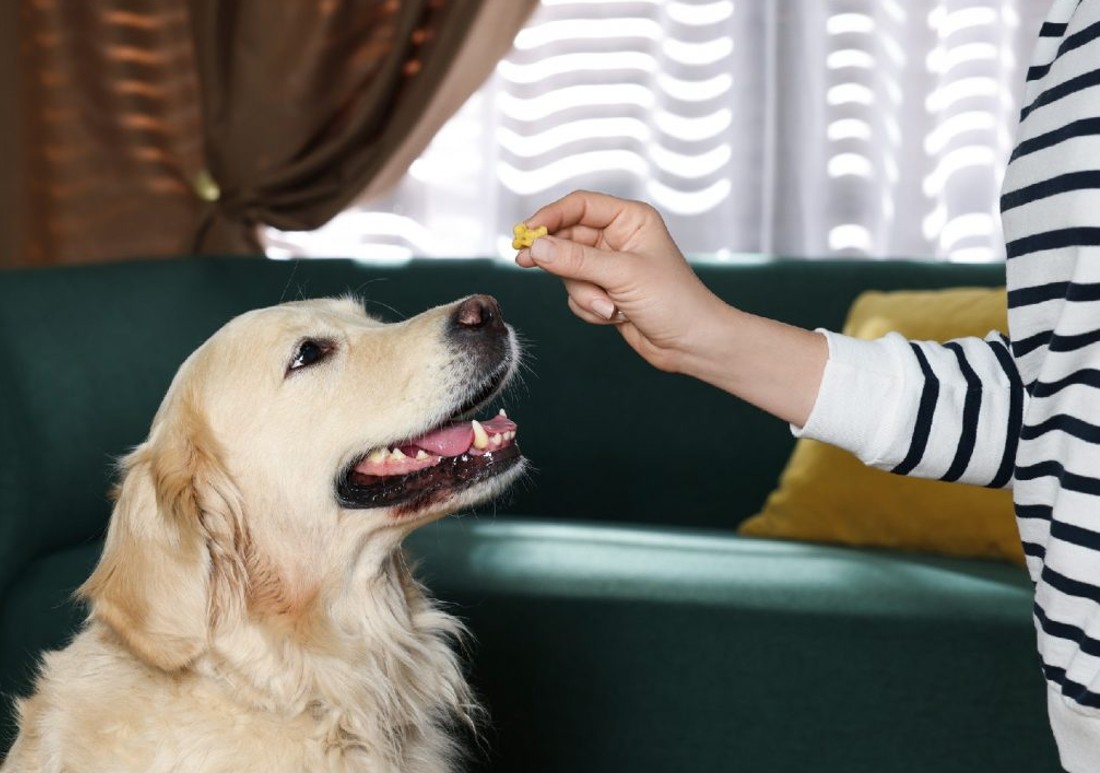Here’s How Your Lifestyle Could Be Affecting Your Dog’s Gut Health

Your lifestyle affects more than just how you feel — it can also have a noticeable impact on your pet’s health, too. One of the most sensitive areas of your dog’s health is the gut, and there are plenty of things you can do to ensure that your furry friend has a healthy digestive system. In this post, we’ll discuss some of the most important things you can do to keep your pup’s gut in tip-top shape.
From their diet to their activity level, there are many aspects of your pet’s lifestyle that affect their gut. We’ll discuss how an unhealthy diet, poor activity levels and too much time spent indoors can all contribute to an unhealthy gut, and what you can do to ensure your pup stays healthy and happy.
Understanding What Factors Can Affect Your Dog’s Gut Health
A number of lifestyle factors can cause poor gut health such as poor diet, lack of exercise, and environmental stressors. Of course, underlying medical conditions can be a huge cause of canine gastrointestinal issues as well.
It’s so important to take these factors into consideration when assessing your pet’s overall gut health.
Identifying Possible Symptoms of Gut Issues
The most common symptoms associated with poor gut health are digestive issues such as diarrhea, vomiting, decreased appetite, gas, bloating and frequent abdominal discomfort. If you notice any of these symptoms in your pet, it is essential to consult a veterinarian for a proper diagnosis and treatment plan.
Treatment Options and Steps for Improving Gut Health
Once you identify the cause of your dog’s gut issues, there are a few steps you can take to improve their overall gut health. These include adjusting their diet to include more whole foods such as lean proteins, fruits and vegetables, integrating supplements such as digestive supplements, introducing probiotics, providing regular exercise, and reducing environmental stressors. And depending on the underlying cause of their issues, your veterinarian may prescribe medications or antibiotics to help treat any infections or other medical conditions that may be present.
Prevention of Gut Issues
The best way to maintain gut health in our pets is through prevention. A few actions you can take that are similar to the treatment options include feeding them a digestive-friendly diet, providing adequate activity, regularly brushing their fur or skin, limiting anxiety and stress and taking daily preventative measures such as administering preventative medications or giving them supplements. It’s also critical to keep an eye out for any warning signs that suggest something is amiss with your pet’s digestive system and consult with a veterinarian if any concerning symptoms arise.
Final Thoughts
Our pups need so many things to stay healthy from nutritious food and treats to joint supplements and flea medicine. And our pup’s gut health is no exception to their health needs. Unfortunately, our busy and stressful lifestyle can play a major role in how healthy their digestive systems remain. But with the proper preventative measures in place and a bit of vigilance, you can help keep your pup’s gut health in peak condition and enjoy many years of happy and healthy companionship.
Your Pet’s Best Interest, Always
At Pet Institute, we take pet care seriously. We're dedicated to transparency, impartiality, and the well-being of your pets in every article, review, and recommendation we provide. Our unwavering commitment to these principles ensures that you, our valued reader, always receive reliable and unbiased information. Let us be your trusted guide in the world of pet care and companionship.